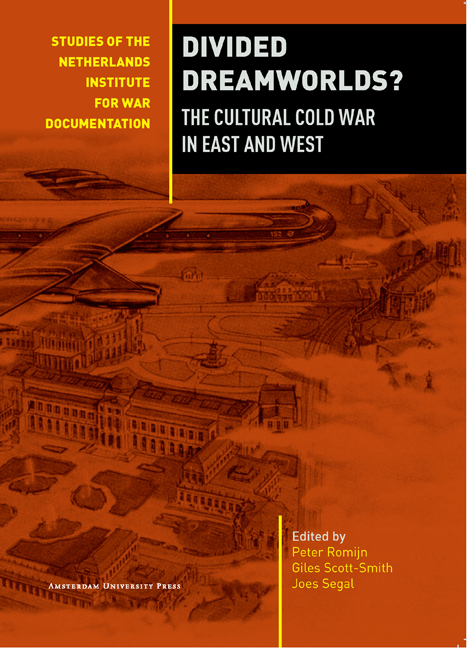Chapter 6 - Sounds like America: — Yugoslavia’s Soft Power in Eastern Europe
Published online by Cambridge University Press: 02 February 2021
Summary
In April 1960, the Yugoslav entertainment magazine Arena published a letter from Vanya Shevchenko, a reader in the Soviet Union. Writing that he could obtain Arena in his home city of Kiev, Shevchenko complimented Yugoslavia's cultural production, especially its films and opera singers, and expressed a desire to one day visit the country. He continued:
I would like to write to Yugoslavs and receive letters from them about film, popular music, jazz, we could do an exchange of magazines, pictures of actors etc. Writing letters brings people closer together and reduces the distance between them. I would also like to exchange long-play popular music records. Your singers are exceptional – Ivo Robić, Olivera Marković, Lola Novaković, Dušan Jakšić. A big thank you to them!
Shevchenko's letter reflected a newfound attraction to Yugoslavia's cultural products – and especially its popular music – that began in societies all over Eastern Europe in the late 1950s. A decade beforehand, Yugoslavia's cultural prestige in Eastern Europe had been low, partly because its cultural infrastructure had been less developed in comparison to other states in the region. After 1948, when Moscow severed its alliance with Belgrade after the latter refused to submit to Soviet domination, Yugoslavia had also been culturally, economically and politically isolated from its socialist kin. This was exacerbated from 1950, as Yugoslavia courted economic and military support and opened up to cultural influences from the West unlike any other Eastern European state. However, soon after the death of Soviet leader Josef Stalin in March 1953, relations between Yugoslavia and Eastern Europe moved into a different phase: his successor Nikita Khrushchev visited Belgrade in May 1955 and issued the Belgrade Declaration, which acknowledged the right of Yugoslavia to pursue an independent line in socialism and foreign affairs. By 1961, when the first conference of the Non-Aligned Movement was held in Belgrade, Yugoslavia had developed a non-aligned foreign policy that saw it allied with neither the East nor the West, but which permitted it to foster relations with both blocs for the rest of the Cold War.
- Type
- Chapter
- Information
- Divided Dreamworlds?The Cultural Cold War in East and West, pp. 115 - 132Publisher: Amsterdam University PressPrint publication year: 2012
- 1
- Cited by



